| “Micronutrients such as zinc, vitamin D, Essential Fatty Acids and many more have been used in many open label trials across anxiety, sleep issues, bipolar disorder and ADHD.
All have shown significant reductions in psychiatric and psychological symptoms. Response rates range from 50-80% improvements."
Source: Dr Julia Rucklidge at the University of Canterbury.
The current medical model seeks to use medication first before addressing stress, food, sleep and nutrient deficiencies. I would personally love to see this equation flipped. If we can address dietary and lifestyle factors first, along with nutrient support, while using medication sparingly on a case-by-case basis, we can greatly improve the mental health of our nation.
Related: German psychologists declare "the drugs don't work"
Renowned Harvard Psychologist Calls ADHD A Fraud That Only Benefits The Pharmaceutical Industry
Viewed by academics as one of the most influential psychologists of the 20th century, Jerome Kagan ranked above Carl Jung (the founder of analytical psychology) and Ivan Pavlov (who discovered the Pavlovian reflex) in a 2002 American Psychological Association ranking of the eminent psychologists.
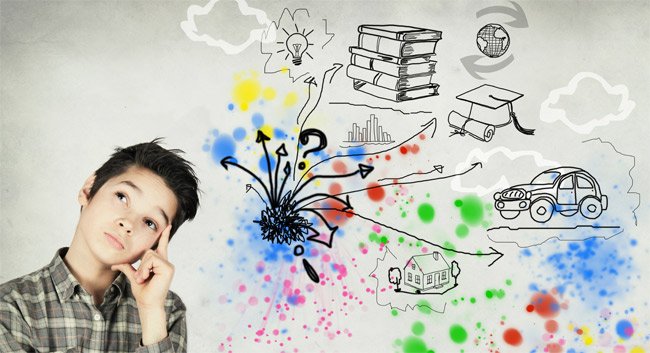
He is well-known for his pioneering work in developmental psychology at Harvard University, where he has spent decades documenting how babies and small children grow, and is an exceptional and highly-regarded researcher.
So it may be surprising to learn that he believes the diagnosis of ADHD (attention deficit hyperactivity disorder) is an invention - and only benefits the pharmaceutical industry and psychiatrists.
Mislabeling Mental Illness
| "That is the history of humanity: Those in authority believe they're doing the right thing, and they harm those who have no power", says Jerome Kagan. |
In an interview with Spiegel, Kagan addressed the skyrocketing rates of ADHD in America, which he attributes to "fuzzy diagnostic practices."
He illustrated his point with the following example:
Say fifty years ago you have a 7-year-old who is bored in school and exhibits disruptive behavior. Back then, he would be labeled as lazy. But today, that same child is said to suffer from ADHD. That's why we've seen such a dramatic increase in the disorder.
Every child who is having problems in school is sent to see a pediatrician, who then claims it's ADHD and prescribes Ritalin.
| "In fact, 90 percent of these 5.4 million kids don't have an abnormal dopamine metabolism. The problem is, if a drug is available to doctors, they'll make the corresponding diagnosis," he said. |
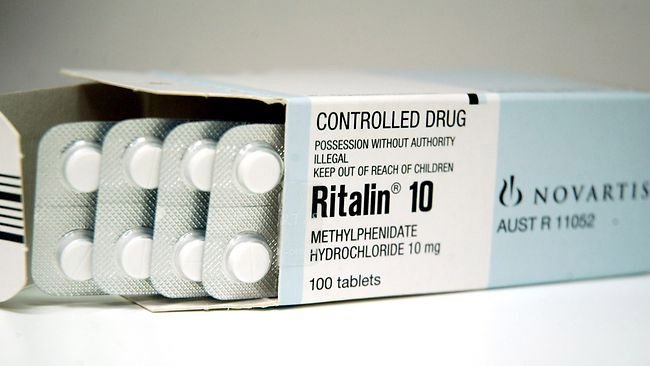
Related: Does ADHD Really Exist!? This Is Why French Kids Don’t Have ADHD
| "We could get philosophical and ask ourselves: "What does mental illness mean?" |
If you do interviews with children and adolescents aged 12 to 19, then 40 percent can be categorized as anxious or depressed.
But if you take a closer look and ask how many of them are seriously impaired by this, the number shrinks to 8 percent.
Describing every child who is depressed or anxious as being mentally ill is ridiculous.
Adolescents are anxious, that's normal. They don't know what college to go to. Their boyfriend or girlfriend just stood them up. Being sad or anxious is just as much a part of life as anger or sexual frustration," Kagan told Spiegel.
What are the implications for the millions of children who are inaccurately diagnosed as mentally ill? Kagan believes it's devastating because they think there is something fundamentally wrong with them.
He's not the only psychologist to raise the alarm about this trend, but Kagan and others feel they're up against:
| "An enormously powerful alliance: pharmaceutical companies that are making billions, and a profession that is self-interested." |
Kagan himself suffered from inner restlessness and stuttering as a child, but his mother told him: "There's nothing wrong with you. Your mind is working faster than your tongue." He thought at the time: "Gee, that's great, I'm only stuttering because I'm so smart." If he had been born in the present era, he most likely would have been classified as mentally ill.

Jerome Kagan
ADHD isn't the only mental illness epidemic among children that worries Kagan, depression is another.
In 1987, about one in 400 American teenagers was using an antidepressant. By 2002, the numbers leaped to one in 40.
He feels it's another overused diagnosis, simply because the pills are available.
Instead of immediately resorting to pharmaceutical drugs, he thinks doctors should take more time with the child to find out why they aren't as cheerful, for instance. At the very least, a few tests should be carried out - and an EEG for certain, especially since studies have shown that people who have heightened activity in the right frontal lobe respond poorly to antidepressants.
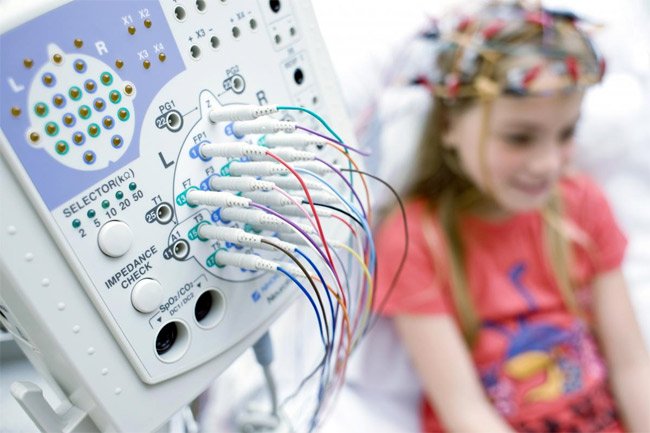
Kagan remembers going into a textbook-type depression after a major research project he was involved with failed. He had insomnia and met all the other clinical criteria for depression. But since he knew what the cause was, he didn't seek professional help. After six months, the depression was gone.
Under normal circumstances, he would have been diagnosed as mentally ill by a psychiatrist and put on medication.
But here lies an important distinction: when a life event overwhelms us, it's common to fall into a depression for a while. But there are those who have a genetic vulnerability and experience chronic depression; they are mentally ill.
It's crucial to look not only at the symptoms, but the causes.
This is where psychiatry drops the ball, as it's the only medical profession that establishes illness on symptoms alone.
Such a blind spot opens the door for new maladies - like bipolar disorder, which we never used to see in children. As it stands today, nearly a million Americans under the age of 19 are diagnosed with it.
| "A group of doctors at Massachusetts General Hospital just started calling kids who had temper tantrums bipolar. They shouldn't have done that. But the drug companies loved it because drugs against bipolar disorders are expensive. That's how the trend was started. It's a little like in the 15th century, when people started thinking someone could be possessed by the devil or hexed by a witch," said Kagan. |
When asked if there are alternatives to pharmaceutical drugs for behavioral abnormalities, Kagan said we could look at tutoring, as an example, for kids diagnosed with ADHD. After all, it's never the ones who are doing well in school that are diagnosed, it's always the children who are struggling.
Related: ADHD Is A Fabricated Disease, Says Reputed Neurologist
http://www.wakeupkiwi.com/news-articles-65.shtml#Mental
Posted from my blog with SteemPress : http://www.frot.co.nz/design/wapf/unhappy-meals-for-sad-fat-numpties/

STEEMIT ARCHIVE - @sift666

|




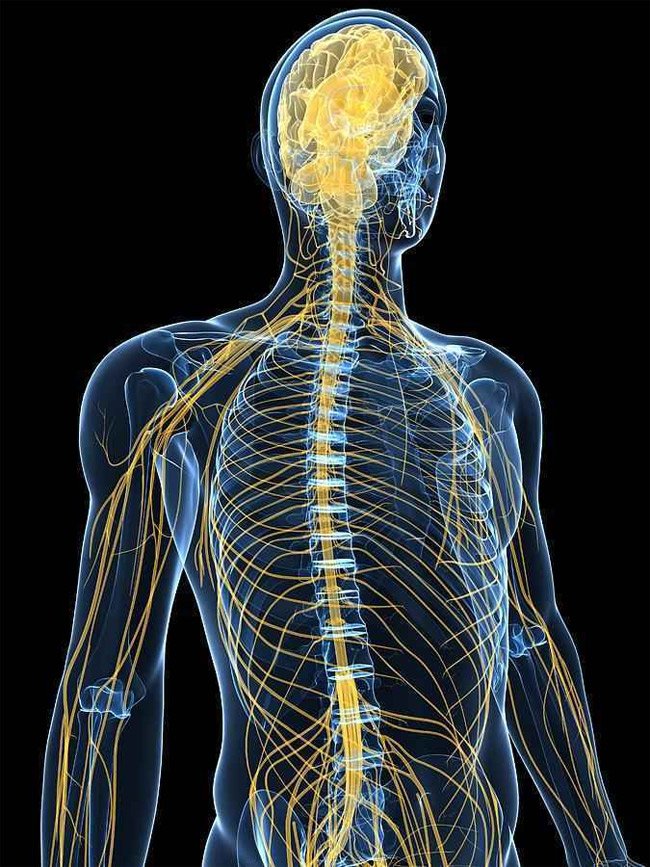
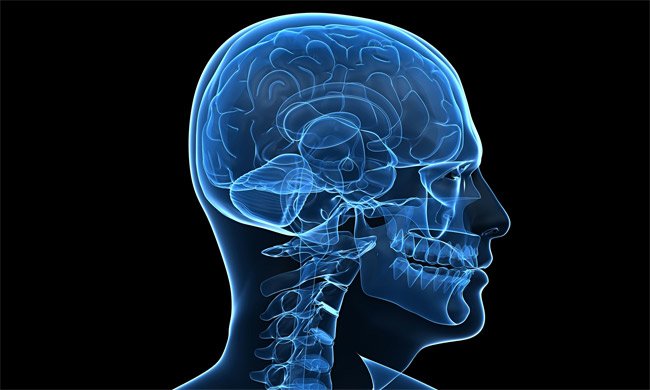







We should use the force to make people eat good stuff. Like cucumbers. Cucumbers make people happy.
You just got a Team NZ upvote!

This is a curation bot for TeamNZ. Please join our AUS/NZ community on Discord.
Why join discord room? Here are 10 reasons why.<
Enjoying the bump? Please consider supporting your fellow Kiwis with a delegation. How? Read here.
For any inquiries/issues about the bot please contact @cryptonik.
Our while darn environment is toxic! Even if we're eating well, now, our bodies are still battling what we're absorbing around us.
Something I'd never recommended is anti-depressants. They are so hard to come off. I know very few people who have come off them and those who have were only on them short term and said it was hard. People want easy fixes, though, so they welcome them. It starts out as, "just to help me get back on track..."
Posted using Partiko Android
There is this Old saying ... You are what you eat ...
This is an epic post! And thankyou for writing it, great information and alot of it also!
Posted using Partiko Android
Telling it as it is love it mate 😁
Posted using Partiko Android
May is the official mental health awareness month, and so the company has partnered with Mental Health America to launch its "Feel Your Way" Unhappy Meal campaign. Burger King wants you to know that it understands, in a way. "And that's okay", a caption near the end of the clip says, in a slight to McDonald's Happy Meals intended for kids. May is Mental Health Awareness month, and to tie in with that Burger King in the United States are introducing a special range of boxed meals that include a Pissed Meal, Blue Meal, Salty Meal, Yaaas Meal and DGAF (Don't Give a Fuck) Meal.
Each meal comes with a Whopper burger, french fries and a drink. http://alongtheboards.com/2019/05/03/burger-kings-real-meals-will-have-you-saying-yaas.html
And I bet you would be really depressed if you ate that mountain of crap...
Wow what will they do next.
Posted using Partiko Android
Grumpy Cat lol.
Posted using Partiko Android
ADHD is the worst thing to happen to kids since vaccinations, such a load of bollocks- my stepson was put on ritalin then adderall, both of which turned him into a drooling zombie with no appetite. Howie and I had to fight the doctor and the school system to get him off that shit when he moved out of his mother's and in with us at 13.